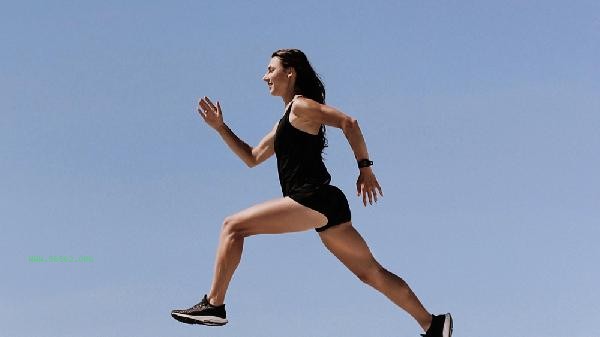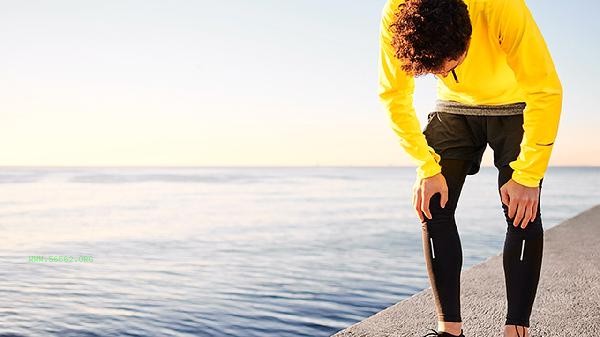It is usually not recommended to run immediately after drinking for an hour. Alcohol can inhibit the central nervous system, affect body coordination and judgment, and increase the risk of sports injuries. After entering the human body, alcohol needs to be metabolized by the liver, and the alcohol concentration in the blood is often still at a high level within an hour. At this time, exercise accelerates blood circulation, which may increase the burden on the heart, leading to abnormal heart rate or blood pressure fluctuations. Alcohol has a diuretic effect, and sweating during exercise can further exacerbate dehydration, which can easily cause discomfort symptoms such as dizziness and fatigue. Alcohol can also interfere with blood sugar regulation, and low blood sugar reactions may occur during exercise. Some people believe that exercising after drinking a small amount of alcohol can promote metabolism, but in reality, acetaldehyde produced by alcohol breakdown can inhibit fat oxidation and reduce the fat loss effect of exercise. The vasodilation state after drinking alcohol may also increase the probability of falls or muscle strains during exercise. In special circumstances where only a small amount of low alcohol alcohol is consumed and the individual's metabolism is fast, there may not be significant discomfort, but one still needs to observe their own reactions.

It is recommended to exercise at least three hours after drinking alcohol, during which you can replenish water and electrolytes in moderation. Before exercising, it is important to ensure complete alertness and avoid high-intensity training. Choosing low-intensity activities such as walking is safer. Long term drinkers should pay attention to the cumulative impact of alcohol on their exercise ability. During weight loss, the frequency and amount of alcohol consumption should be controlled, and priority should be given to ensuring the body's ability to recover.









Comments (0)
Leave a Comment
No comments yet
Be the first to share your thoughts!